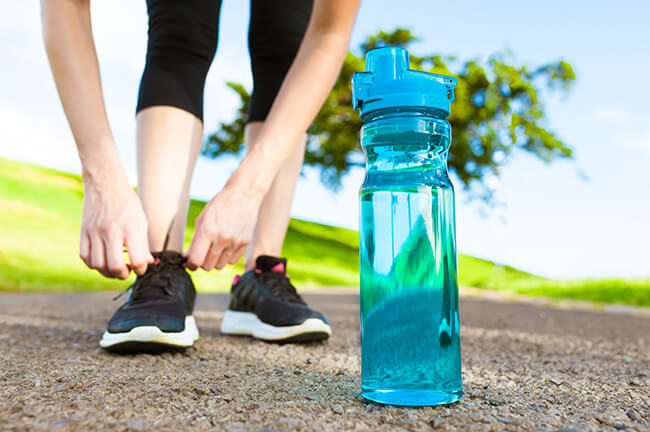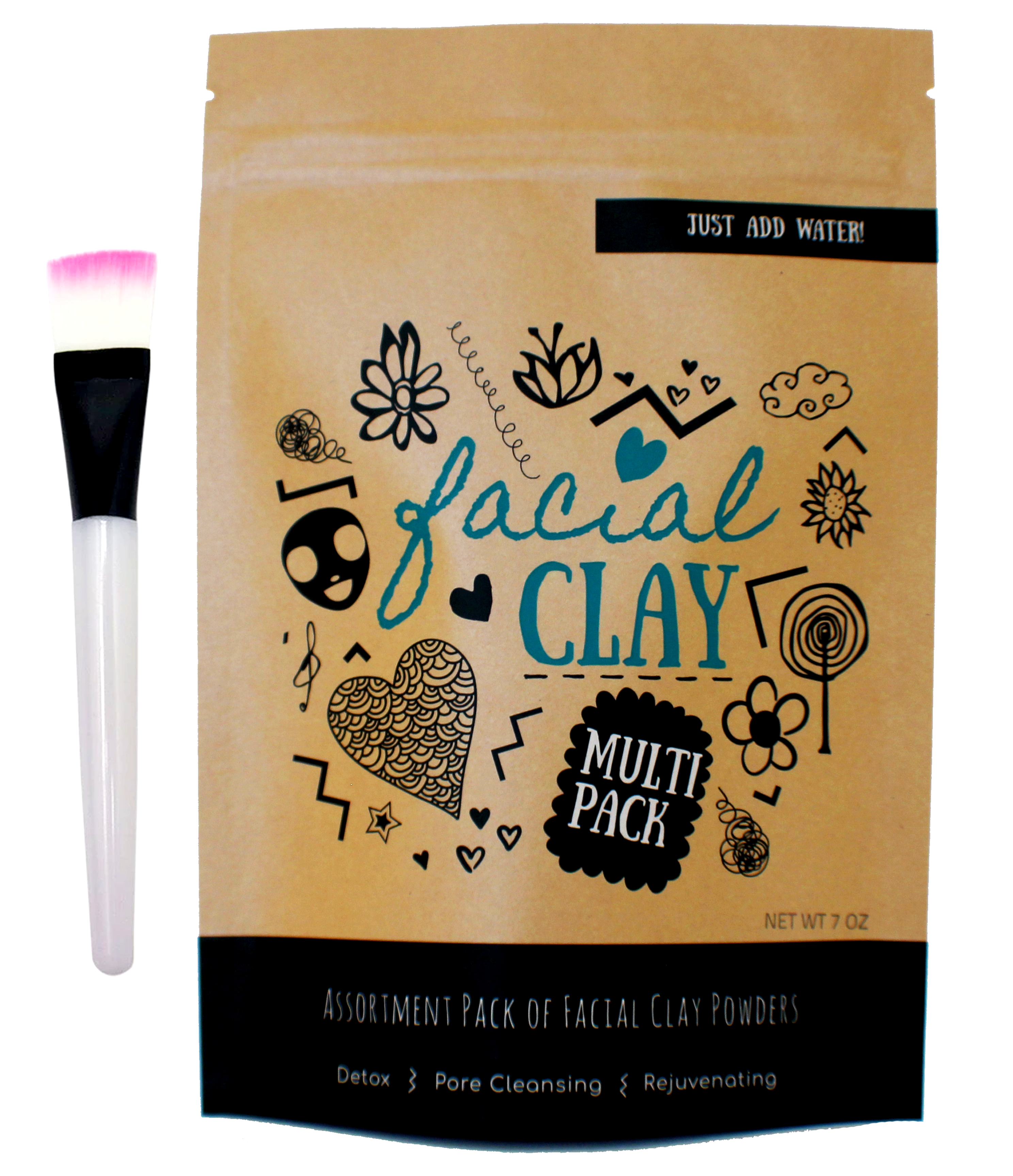If you’re a parent, you should be familiar with BPA and the effects it has on babies and children. It’s why you see so many baby products labeled BPA-free.
But what are you doing to protect yourself from its harmful effects? A lot of men and women drink from plastic bottles and store food in plastic containers with little regard to whether or not they contain BPA or other dangerous toxins.
Unfortunately, the U.S. hasn’t banned the use of these chemicals, so we have to educate ourselves about them in order to protect ourselves. Here’s what you can do.
Educate yourself about BPA
Bisphenol A, or BPA, is a chemical that’s used all over the world for making plastic products and epoxy coatings (what you’ll find in the lining of metal cans used for food).
Millions of people are exposed to this toxin on a low level everyday, from canned foods and bottles. When these are stored in hot places, it can cause the toxin to leach into the liquid or food, which you then ingest.
The problem with this is that BPA is an environmental estrogen, which means it increases your chances of developing breast cancer, especially when you’re exposed to it for many years.
Over time, it adds up, and this is why we see so many women, and some men, battling breast cancer today. Couple this with other ways you’re being exposed to estrogen, such as through building supplies, soy products and meat and dairy that are made from animals that have been injected with hormones.
When your body is overloaded with estrogen, your chances of breast cancer — or cancer period — are increased.
How You are being exposed to BPA
If you look on the bottom of your plastic bowl or bottle, you will see the #7 recyclable symbol and the letters PC, which stand for polycarbonate.
But keep in mind that not all #7 plastic are polycarbonate. And you have to be careful because sometimes, manufacturers don’t put any recyclable code on their products.
Tin cans are also known to contain BPA in the lining inside. This lining is made of epoxy, which is made up of BPA, and is used to protect the metal from corrosion and prevents the food from having a metallic taste. But during the canning process, high heat is used, which can cause BPA to leach into your food.
If you’ve had dental sealants placed on your teeth to prevent cavities, BPA was likely used. This means that you are being exposed to BPA continuously over time. You should definitely find out what your dentist used and see if you can have it changed to something safer.
Various food packaging contains BPA chemicals — another reason why you should remove processed pre-packaged foods from your diet…whole foods is the way to go!
How BPA is affecting your body
It’s important to know the effects BPA has on your body, so that you understand the dangers. You already know that it can lead to breast cancer, but it can also show up in your breast milk, which means your infants will be exposed to it early on.
Even if you aren’t breast feeding now, you may in the future and what you consume now is very important if you plan to have children in the future.
Tests have shown BPA inside of human breast milk, as well as colostrum (very important for newborns to consume). These tests have also revealed BPA inside of fat tissues. In men who consume BPA, the chemical is metabolized into their liver, which is then excreted through urine in non-estrogenic form.
But in women, some of the toxin is stored in estrogenic form, inside of adipose tissue. Studies are being done to determine if BPA is stored in women’s fat tissue and released into the bloodstream over time, leading to estrogenic effects within the tissue of the breast.
How you can avoid BPA exposure
It’s pretty obvious that the best option would be to avoid plastic and canned foods altogether. However, if you want to still use plastic, here are a few BPA Free water bottles that we recommend. Some other tips include:
- Hand wash plastic using mild detergent — avoid scouring pads that can scratch the plastic.
- If it does become scratched, recycle it rather than throwing it away.
- Avoid leaving plastic in places where it gets really hot, such as on the beach or inside a hot car.
- Never microwave your plastic containers or bottles (I say avoid microwaves too, but it’s better to use glass instead).
- Don’t put hot food or liquids inside of plastic containers.
- Consume more whole foods — fresh grains, nuts, dried foods, fruits and veggies, rather than canned foods. Frozen is another option.
- Use alternatives like stainless steel, glass and clay.
No one is going to protect you and your family from the dangers this world poses, so it’s up to you to be in the know about what can harm you. Hopefully, this info and tips will help you steer clear of the dreaded cancer.
The Link Between Plastic And Breast Cancer And How To Avoid It
Summary
Do you know the link between plastic and breast Cancer? Read this post to see how you can avoid the harmful effects of plastic


